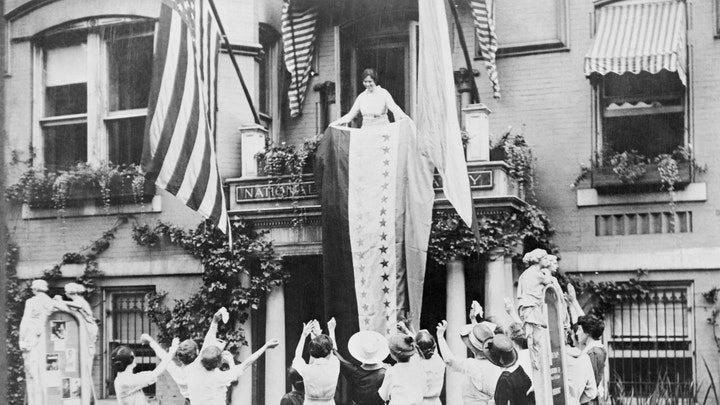On August 18, 1920, a monumental moment in American history took place: the ratification of the 19th Amendment, granting women the right to vote. This landmark achievement was the culmination of decades of tireless advocacy, protests, and persistence by women’s suffrage activists who fought for equal rights in a male-dominated society.
The 19th Amendment, which states that the right to vote “shall not be denied or abridged by the United States or by any State on account of sex,” marked a significant victory for the women’s rights movement and paved the way for future advancements in gender equality.
The journey to ratification was not easy. Suffragettes faced intense opposition, including from those who believed that a woman’s place was in the home, not the polling booth. Despite these challenges, leaders like Susan B. Anthony, Elizabeth Cady Stanton, and Alice Paul persevered, organizing rallies, marches, and even hunger strikes to demand their rights.
The ratification of the 19th Amendment was a turning point in American history, not only for women but for the nation as a whole. It signaled a shift towards a more inclusive and democratic society, where all citizens, regardless of gender, had a voice in the political process.
As we reflect on this historic day, it’s important to remember the sacrifices made by those who fought for women’s suffrage and the ongoing struggle for equality. The 19th Amendment was a critical step forward, but the fight for women’s rights continues to this day, as advocates work to address issues like pay equity, reproductive rights, and gender-based violence.
The legacy of the 19th Amendment serves as a reminder of the power of activism and the importance of standing up for one’s rights, even in the face of overwhelming opposition.


